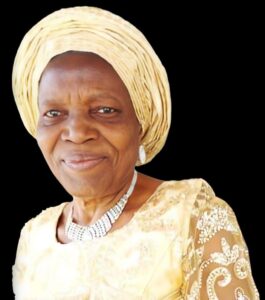Okowa Urges Nigerians To Channel Their Grievances Appropriately
… Says Hate Speeches, Dangerous For The Economy
By Our Correspondent
AS the issue of hate speeches continue to re-echo in Nigeria, Delta State Governor, Senator Dr. Ifeanyi Okowa has called for the use of appropriate legal channels for the people to address their grievances.
Governor Okowa made the call Wednesday when Hon. Mathias Eto, Commissioner, Public Complaints Commission led members of the Commission to pay a courtesy call on the Governor in Asaba.
According to the Governor, “there is no doubt that because of the recession, people are easily getting angry but, it is time for us as a people to realise that there are several constitutional avenues for us to lay our complaints.”
“People should try to have more reasonable means to engage the Nigerian state peacefully, rather than engage in hate speeches that generates tension,” he said, adding, “when these types of speeches are heard outside the shores of the country, it will discourage foreign direct investments and make local investors to be cautious which will further endanger our fragile economy.”
The Governor reiterated, “to achieve law and order in the society, there must be equity and fairness in our activities because, any society that cannot ensure law and order will be in anarchy.”
He commended the Public Complaint Commission for the roles it is playing to stabilize the polity, assuring, “anything that will help us achieve peace in the state will be welcomed; as a government, we have a lot of avenues for peace building and to cement the existing peace and unity in our state.”
Earlier, Hon. Eto had in an address, observed that with Governor Okowa’s antecedents in governance, Delta State is in a safe and capable hands.
He stated that the Commission was committed to peace building and reduction of crime in the society, adding, “if the vision, mission and spirit of the founding fathers of the Commission was upheld and the Commission given the proper attention and cooperation it deserves, the massive agitation and criminality prevalent in the country today may have been at the barest minimum.”




